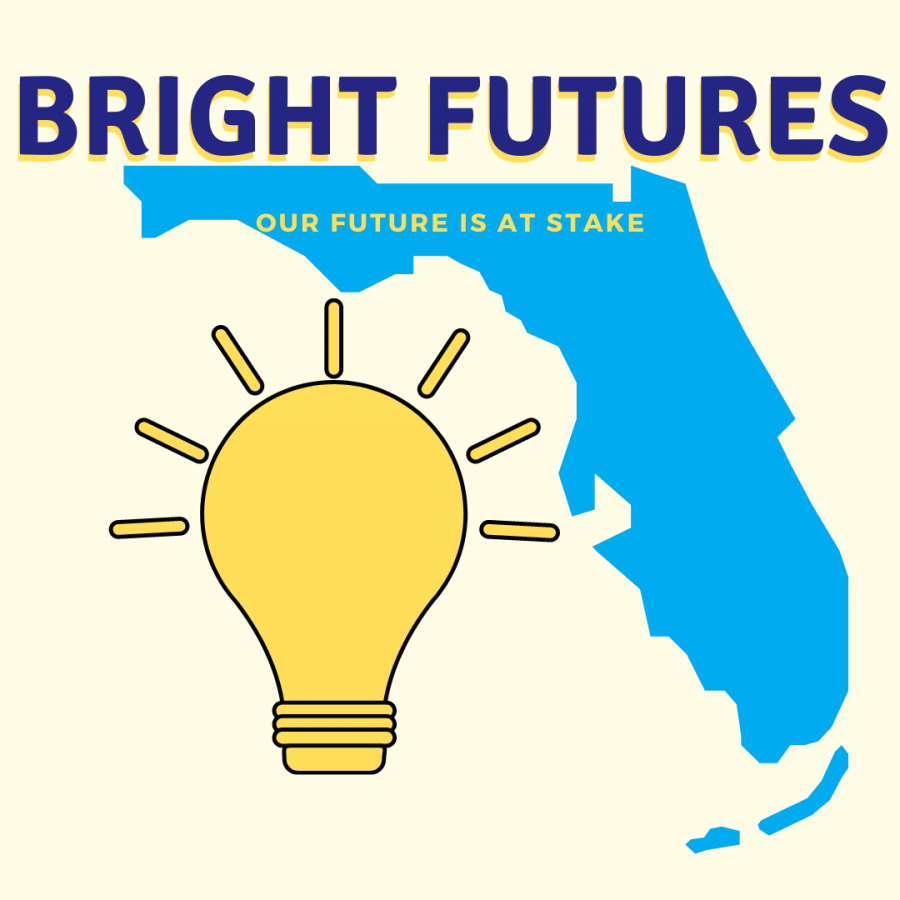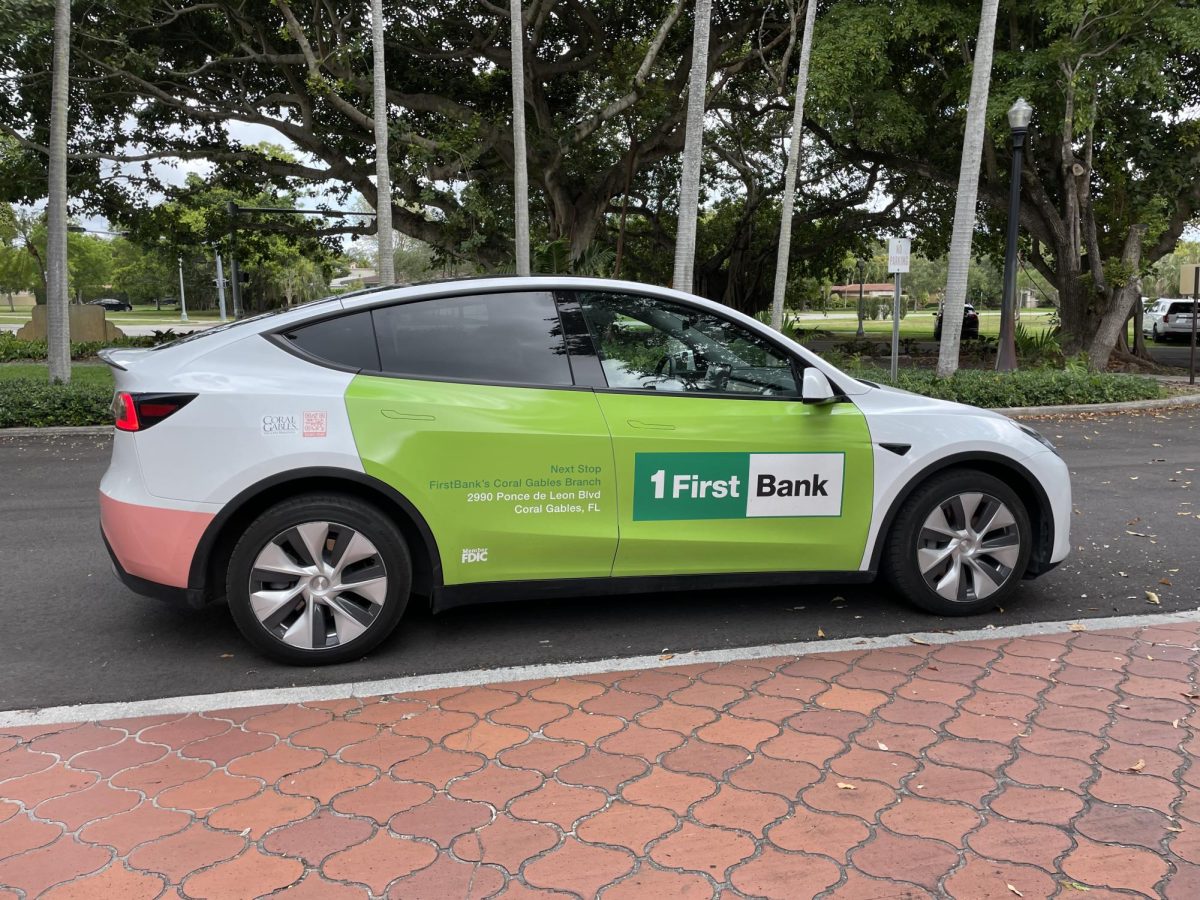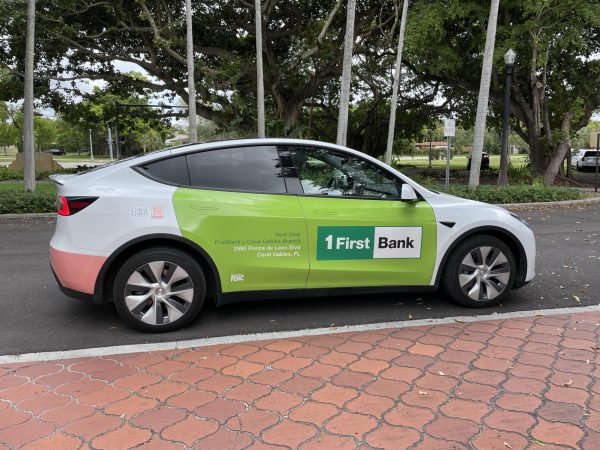Frightful Futures: Bright Futures in Peril
The youth has retaliated as a response to Republican policies proposing to limit students’ access to the Bright Futures scholarship.
Mar 15, 2021
For many high school students in Florida, there is some sense of financial relief that comes from being able to go to an in-state university and receive any percentage of the Bright Futures scholarship. College tuition has become exorbitant and because of this, fewer students are able to get through it without taking out some form of loans, usually ending with mountains of debt once they graduate.
However, Bright Futures serves as a safety, allowing students to not have to worry about this in their dreams to receive a higher education. It was created to provide funds to students who have excelled in their high school career so that they may be able to attend and afford college within the state. Recently, the merits of this program became threatened by the state’s legislature.
Bright Futures requirements have changed over the years and these higher score requirements have been particularly difficult to attain due to the COVID-19 pandemic as it is not as feasible to take in-person standardized tests. With the different scholarship programs in the Bright Futures Scholarship umbrella, each program has different requirements but the essential components are constituted of credits, service hours and grade point average.
The bill proposed by Sen. Dennis Baxley would remove funding for students interested in pursuing degrees that would not directly lead to careers. Additionally, the first version would restrict funding for students who took more APs in high school. The newer version with some proposed amendments will not lessen funding depending on AP classes and it would not lessen funding based on degree choice and careers. Unfortunately, the same structure is still in place; the degrees that are not as lucrative will receive fewer scholarships compared to students choosing to pursue more economical degrees. However, Bright Futures remains a competitive and rewarding scholarship, despite the controversies surrounding the new career related restrictions.
“Bright Futures is such an amazing scholarship that helps many attend college. It allows various students the opportunity to have an accessible college career,” junior Stephanie Andrade said.
The recent commotion with the scholarship program has been due to the Republicans in the Florida Senate proposal to modify the scholarship program. Due to the Republican party’s history of aligning themselves with the wellbeing of the economy as opposed to the wellbeing of the population of their constituents, this proposition comes as no shock. These changes would include modifying the scholarship recipient availability to only go towards degrees that lead directly to jobs. This fosters a sense of pressure for students to quickly become employed and not enjoy their passions nor explore what best suits them.
Additionally, this would lead to more student loan debt. Students who want to pursue careers not encompassed by the scholarship restriction will need to take out student loans to be able to pay their college tuition. This restriction will not foster an ambition to go to college for students who are already unable to pay for it. Nearly 120,000 students in the state of Florida have earned this scholarship and by limiting its availability, opportunities are stripped from future generations. Plans to cut hundreds of millions of dollars from the program would not be the ideal situation for any student who wishes to pursue a secondary education and have a career of their choosing, not one they feel pressured into doing.
“Bright Futures is, for many people, the only reason they may be able to attend college. Taking away funding for it discourages them from pursuing higher education,” senior Lucas Gonzalez said.
Limiting career options for students that hope to receive the scholarship furthers the capitalist agenda that has been increasingly enforced upon the American public through legislation and lack of federal government aid. There is already an existing societal pressure for the youth to finish their education quickly to be able to get a job to be able to provide for themselves or their family. By revamping Bright Futures to only apply to those seeking certain degrees that more rapidly lead to employment, students will feel less motivated to even pursue a college education and will be less enthused about the job they will end up taking.
These are some of the few detrimental effects on our community that restricting Bright Futures will have. The scholarship program provides hope and financial security for students who do not have the means to pay tuition at a university. It is a light at the end of the tunnel for students who have been active participants in their communities to be able to create their own lives and be secure in their education. Removing, restricting or defunding Bright Futures would hurt hardworking students seeking the opportunity of a college education.


























